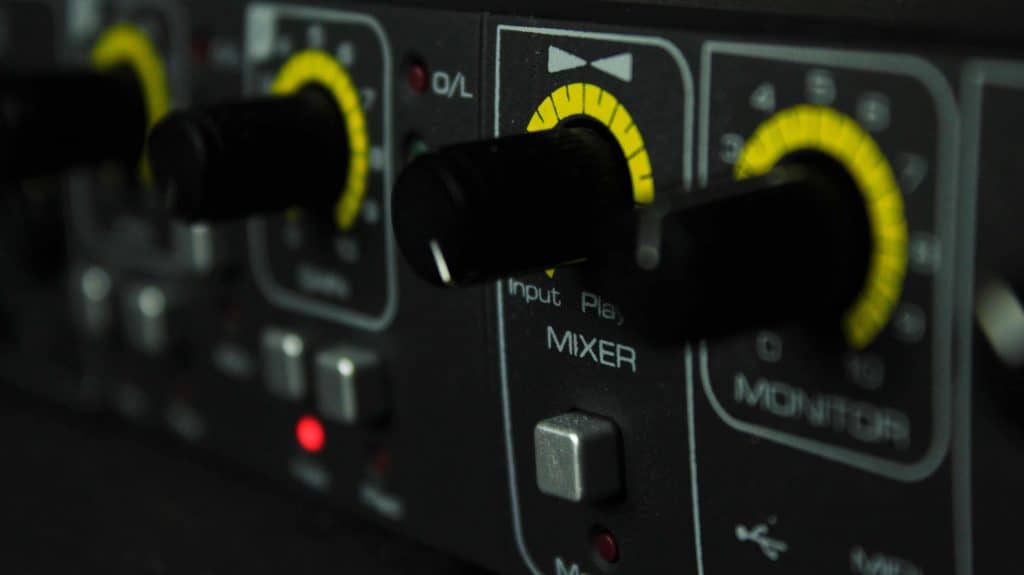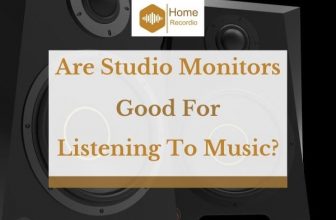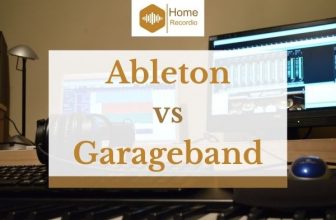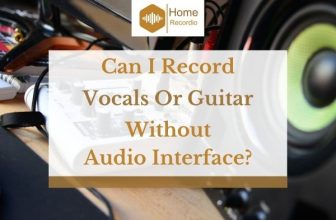Gain vs Volume: What Is The Difference?
Table of Contents
What Is Volume?

What Is Gain In Audio And On An Amp?

Most Popular Definition Of Gain
However, the most popular definition of gain in the modern era is the decibel (dB) input of a particular system. Gain is simply the level of volume level that is sent to the connected plug-ins, amplifiers and preamps. Therefore, if you are finding it difficult to define the function of gain, make a note that gain perfectly controls how loud sound is before any processing is done. Another essential distinction that you need to have in mind is, no matter how loud the sound is after processing does not make any notable change to the tone of the sound. As I have said before, it just makes the sound louder. However, how loud a sound is before processing will definitely affect the tone of the sound.Meaning of Gain In The Olden Days
Looking at the olden days, people made use of gain two ways. There was gain at the microphone preamp. The purpose of the gain at this particular point was to turn up the level of the mic and this would in turn make a significant change on how the analog in the recording domain would affect it. The second gain was on a guitar amp. The purpose of this gain was to turn up the level of the guitar. In the analog era, most of the guitars usually had a gain knob and at the same time, they had a volume knob. This simply means that you could send a ton of gain into the amplifier, next overload it, then go ahead, and keep the volume-controlled reasonably with the volume knob. That is the simple criteria that brought about the creation of guitar distortion. You go ahead and overload the guitar amplifier with gain so that in this case, the speaker could not cleanly process the guitar. Due to this, some people find a third definition of gain as- distortion.Summary Of Gain In The Modern Era
Therefore, we can conclude that in the modern era, gain can be summarized to mean three things:- Simply another word for volume or can mean the loudness of the output
- How loud the input is
- Distortion
What Is Gain Staging?





